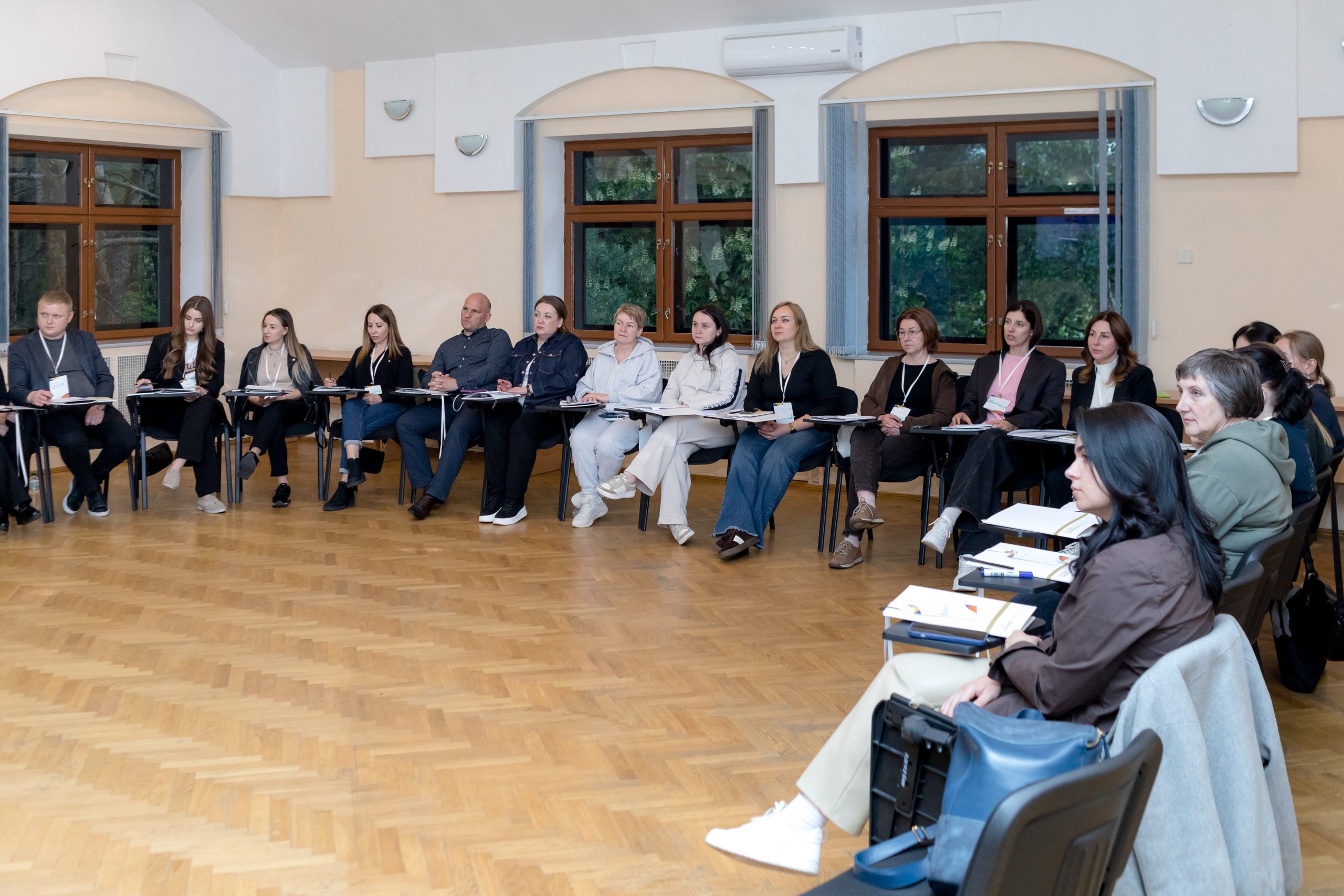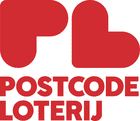July 9, 2025
Scaling up survivor-centred holistic care in Ukraine: Training of trainers
“I used to be afraid of this topic (conflict related sexual violence)… It is so sensitive, I did not want to do something wrong… For me, it has been difficult, but extremely useful. Something happened here this week. Thank you.” – Participant, Training of Trainers (ToT)
From 12—16 May, 2025, 23 social service workers from Ukraine’s National Social Service from 13 regions of Ukraine joined our five-day training of trainers programme to learn about trauma-informed, survivor-centred approaches in response to conflict-related sexual violence (CRSV). This is the first step in a professional certification programme on holistic care in response to CRSV for National Social Service employees in Ukraine.
Read on to learn more about the Training of Trainers in Ukraine.
Strengthening holistic care in Ukraine, inspired by the Panzi model
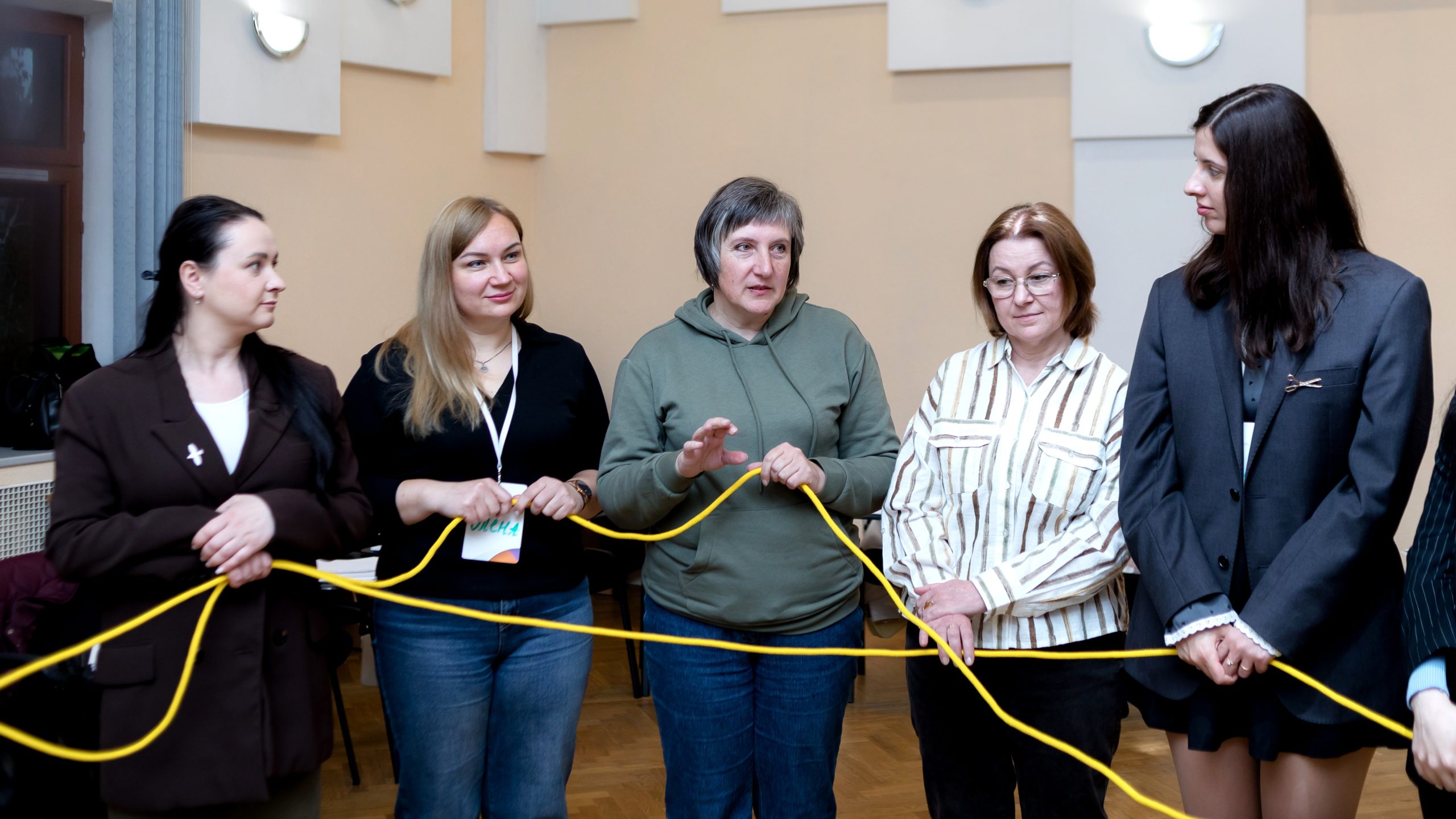
The Training of Trainers (ToT) is part of our Holistic Care programme. The ToT aims to ensure that Ukrainian social service employees – especially those close to the front lines – can provide trauma-informed, survivor-centred care for survivors of conflict-related sexual violence.
The newly trained trainers will go on to train other social workers on key concepts related to trauma-informed, compassionate, holistic care for survivors.
As one participant shared:
“I already see how these trainings will be conducted in our organisation and in our region. We finally know where to start.”
Laying the foundations for survivor-centred and trauma-informed care
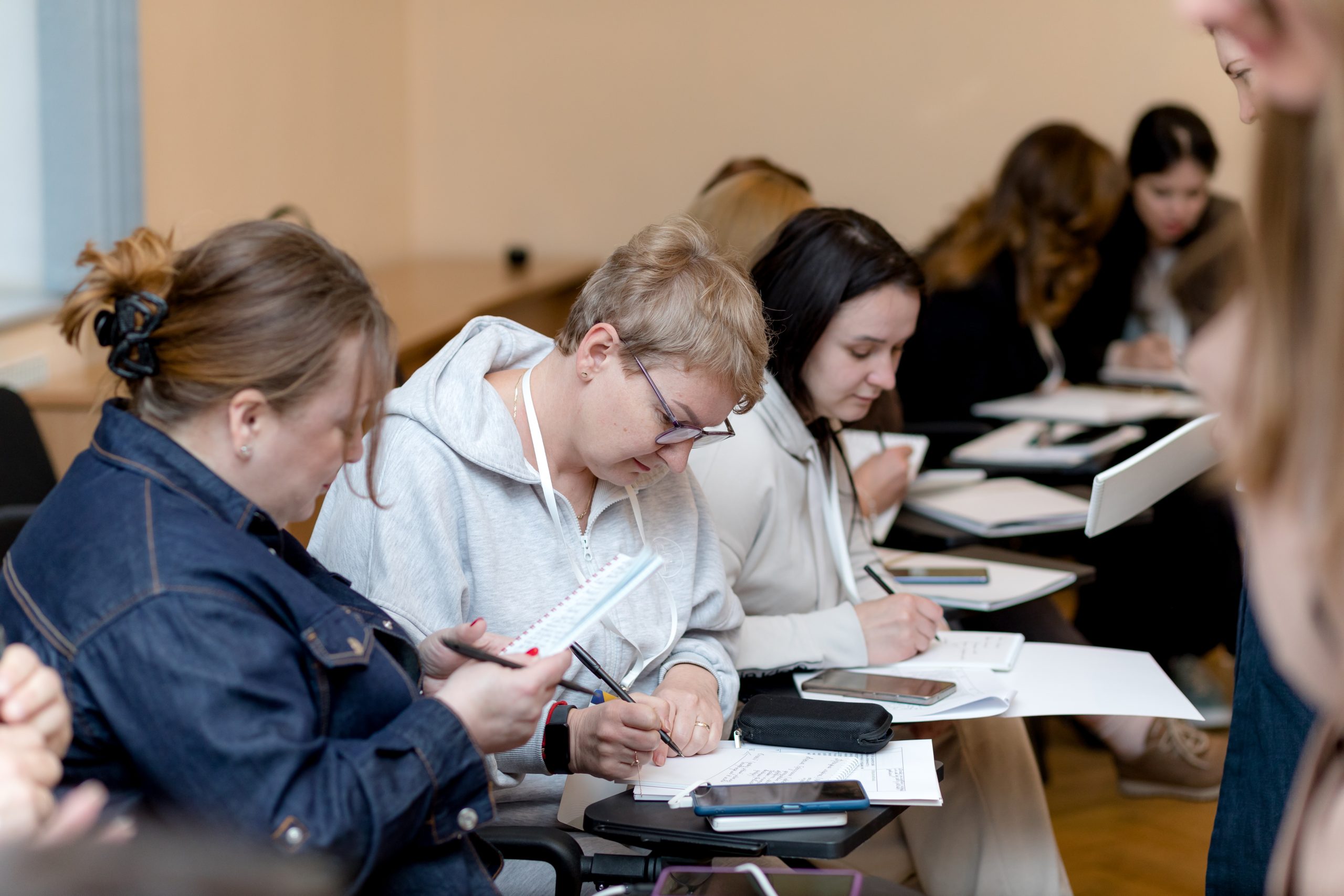
“The ToT was effective because we could truly engage. I realised that if you don’t understand trauma, you can’t learn how to communicate sensitively.” – Participant, ToT.
The training first introduced the core principles of survivor-centred, compassionate, holistic care. It then focused on the psychological consequences for survivors and their communities, and equipped the trainers with key principles, approaches and tools for trauma-informed care.
Participants learned to identify the various needs of survivors, including needs for psychological and psychiatric care, and how to respond in ways that uphold survivors’ dignity, agency, and safety.
A panel discussion with Ukrainian survivors brought their lived experiences to the forefront, encouraging meaningful dialogue, honest reflection, and a deeper commitment from the professionals in the room.
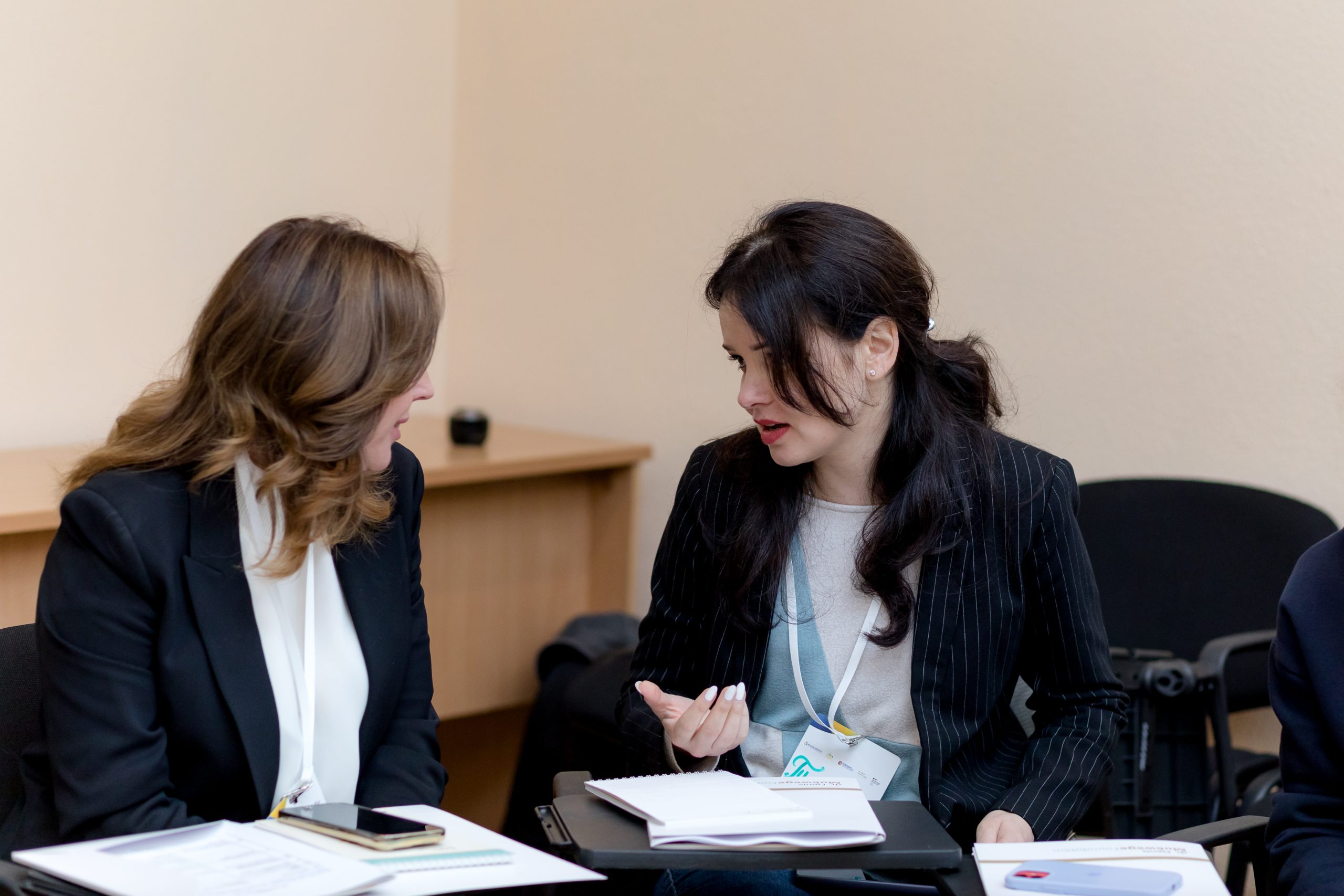
“Thank you. This was the ‘explosion’ experience that gives understanding of why we do it.” – Participant about a panel discussion featuring survivors.
The training also focused on building trust to facilitate sharing among survivors and introduced specific, evidence-based tools and interventions. Participants learned how to recognise signs of trauma, apply psychological screening tools and make referrals to specialised mental health services.
Sessions on psychoeducation and counselling introduced evidence-based interventions such as Narrative Exposure Therapy (NET), Eye Movement Desensitisation and Reprocessing (EMDR) and Cognitive Behavioural Therapy (CBT). Special attention was given to the needs of internally displaced persons, children, LGBTQI+ individuals and witnesses of CRSV – groups often overlooked in the development and delivery of services. Through role-play and practical sessions, participants practised navigating sensitive topics, managing group resistance and creating a safe and inclusive environment.
“I used to feel alone in this work. For three years it seemed no one else cared about CRSV. But this week, I saw the state beginning to have a human face.”– Participant, ToT
Next steps
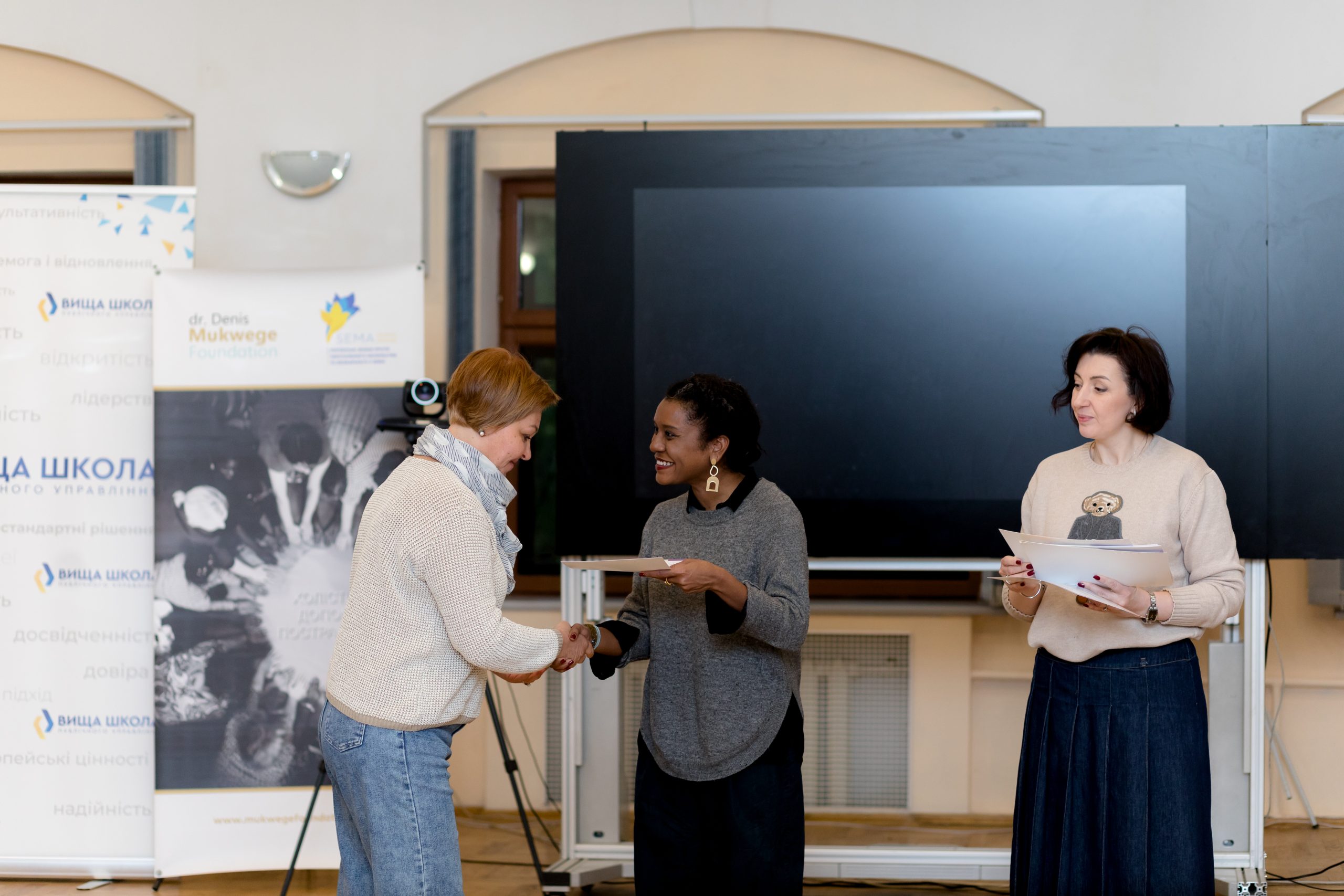
“Now I know how to compile knowledge into meaningful materials — and how to pass them on to people in our hromadas [communities].” – Participant, ToT
On the final day, participants received their certificates for conducting training on psychosocial support to survivors of CRSV. The certification marks a key step toward strengthening Ukraine’s capacities to ensure all social service professionals, including care providers, can provide trauma-informed care to survivors of sexual violence and other wartime violations.
“This training exceeded my expectations. It gave me a vision, and a structure I can replicate in my work with others” – Participant, ToT
In the coming months, the Mukwege Foundation will continue to support participants through group supervision and individual consultations. These sessions are designed to strengthen their preparedness to lead trainings within their own institutions and communities.
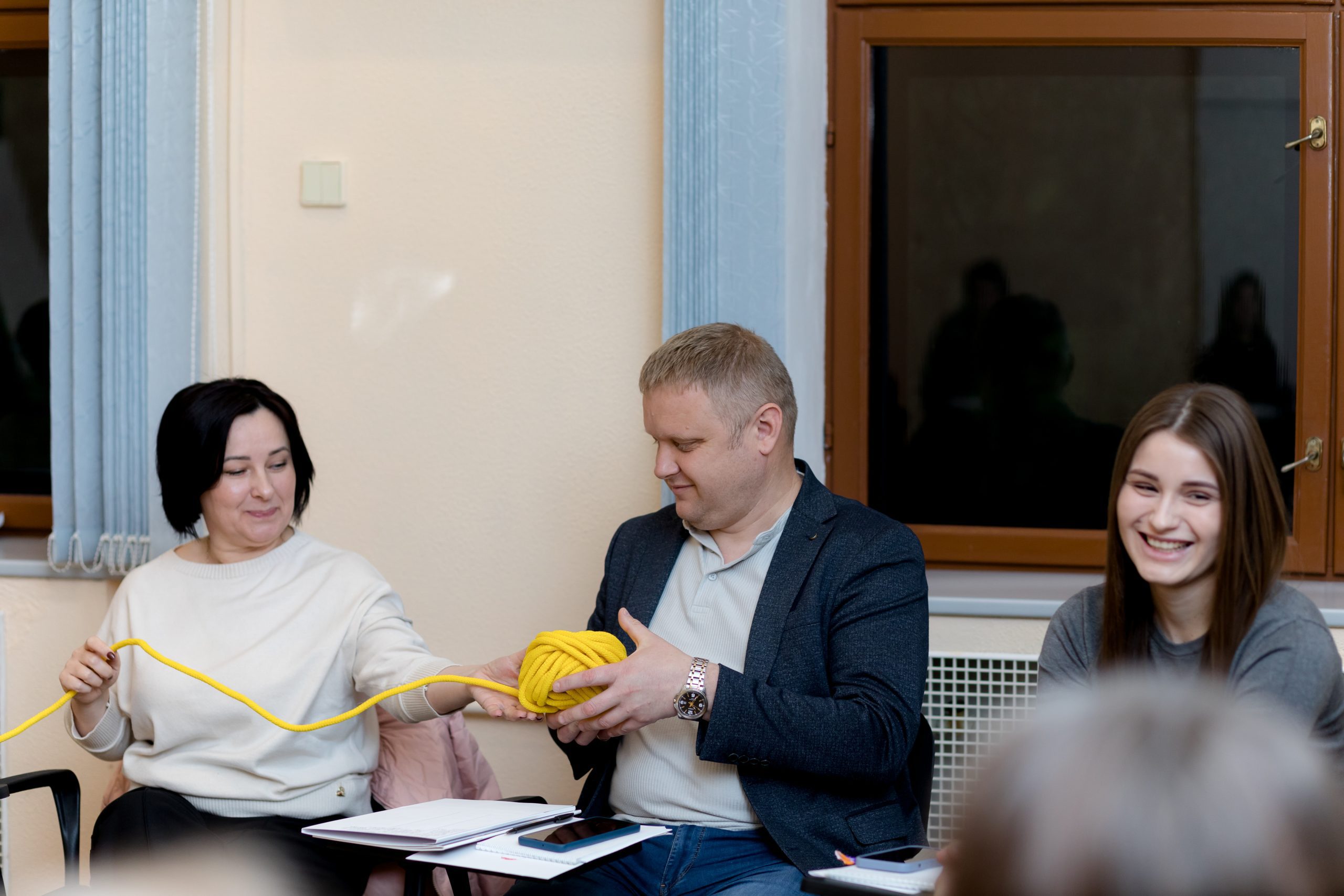
Thank you
We thank all participants of the Training of Trainers for their commitment; our Ukrainian partners – the National Social Service of Ukraine and the High School of Public Governance; and the French government’s Centre de Crise et de Soutien for their continued support to our Ukraine programme.

